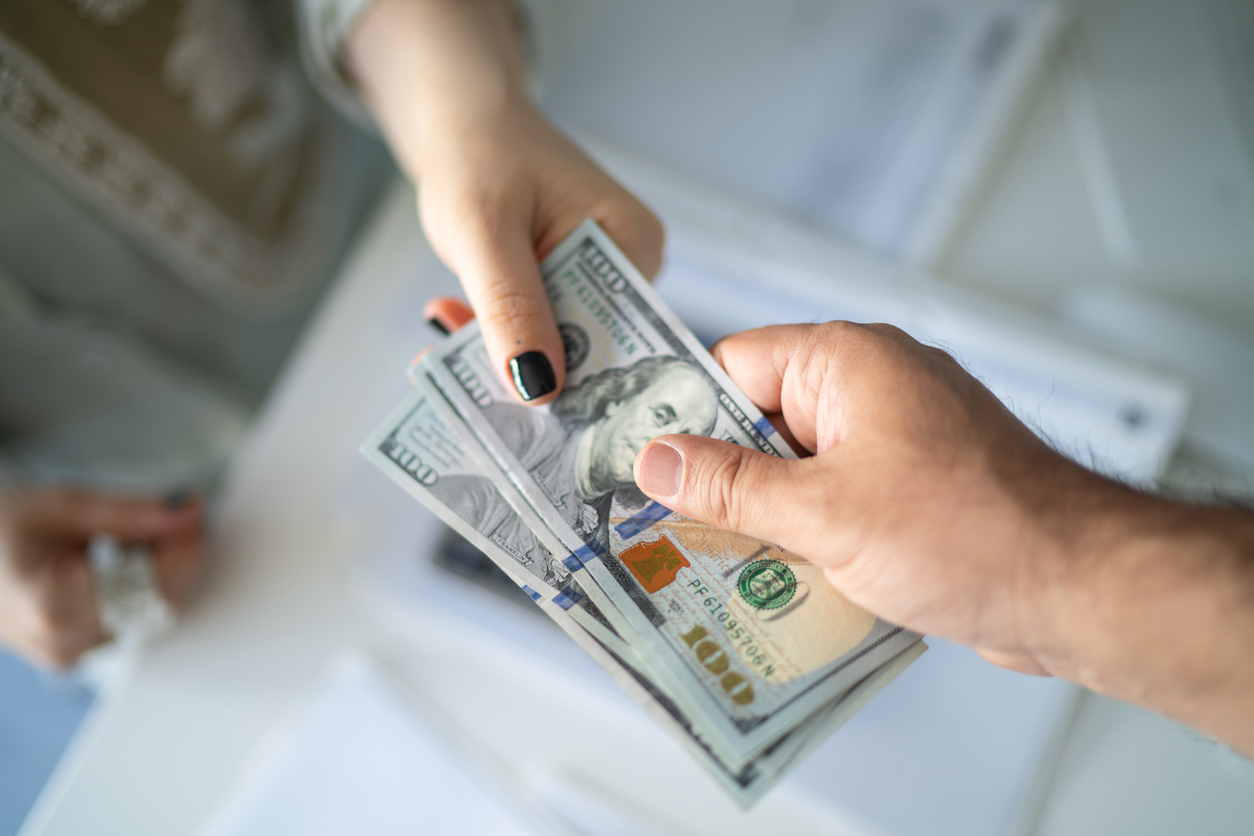Bipartisan bill aims to protect cash

A bipartisan bill introduced last week in the Senate aims to protect cash payments.
The Payment Choice Act, sponsored by Senators Kevin Cramer (R-ND) and John Fetterman (D-PA), would force businesses to accept cash for transactions up to $500. They would also be prohibited from charging cash-paying customers more than card users.
However, the legislation allows businesses to refuse $50 bills or larger, or refuse cash altogether if they are temporarily out of change. In lieu of accepting cash, retailers can install a cash-to-card machine that allows customers to anonymously convert cash to a prepaid card for no extra fee. The machine cannot require a minimum deposit of over $1, and the prepaid card cannot have an expiration date.
“Cash is still legal tender in the United States, despite some businesses’ exclusive acceptance of electronic payments,” said Sen. Cramer in a statement. “Forcing the use of credit and debit cards or imposing premium prices on goods and services paid for with cash limits consumer choice. Americans should have the option of using cards or cash, but they should be the ones who make that choice.”
If passed, the bill would hinder efforts to eliminate cash and enforce digital payments, which leave consumers open to increased surveillance by banks and governments. The Biden administration, in collusion with financial institutions, cracked down on conservatives by monitoring their digital transactions. Institutions like Bank of America and MUFG Bank assisted federal agencies in targeting January 6th defendants by tracking their digital payment transactions.
Unlike digital payments, cash is completely anonymous, which is one of the main reasons it is considered the “freedom” payment method. Many Americans might be surprised to know that card transactions, even when supposedly “anonymous,” are under the watchful eye of the Federal Reserve.
FedNow
In July 2023, the Federal Reserve launched FedNow, a “safe and efficient” instant payment service that allows the Fed to facilitate payments between bank customers and receive their transaction data.
With FedNow, the Federal Reserve acts as a middleman in transactions between banks and credit unions. Beforehand, transactions passed through a financial institution called a clearing house, which facilitated the payments. But as of July 2023, the clearing house has been replaced by the Federal Reserve for many banks.
For example, if John Doe wishes to pay a bill, he initiates the transaction as he previously did through an end-user platform like his banking app. John’s bank then sends the request to the Federal Reserve, which notifies the recipient’s bank that funds are about to be transferred. The central bank then issues an approval to John’s bank to release the funds. The Federal Reserve then withdraws the funds from John’s bank and deposits them in the recipient’s bank. This happens in six seconds.
John is none the wiser that the Federal Reserve has not only just seen his transaction but has conducted it from beginning to end.
Federal Reserve can view and reject transactions
The Federal Reserve does not deny that it can view details on all transactions but says it is legally unable to reject transactions or access customers’ bank accounts.
However, the FedNow website states that the service does have “the ability to specify certain conditions under which transactions would be rejected, such as by account number (a ‘negative list’).” In other words, FedNow could order financial institutions to reject transactions involving certain accounts.
At least 57 banks and service providers, including JPMorgan Chase, Wells Fargo, and US Bancorp, have signed up for the service, meaning they use FedNow to conduct their customers’ transactions.
"When the Fed says something happens, it happens," Modern Treasury CEO Dimitri Dadiomov told Axios. “Banks don’t say no to the Fed.”


.jpg)

